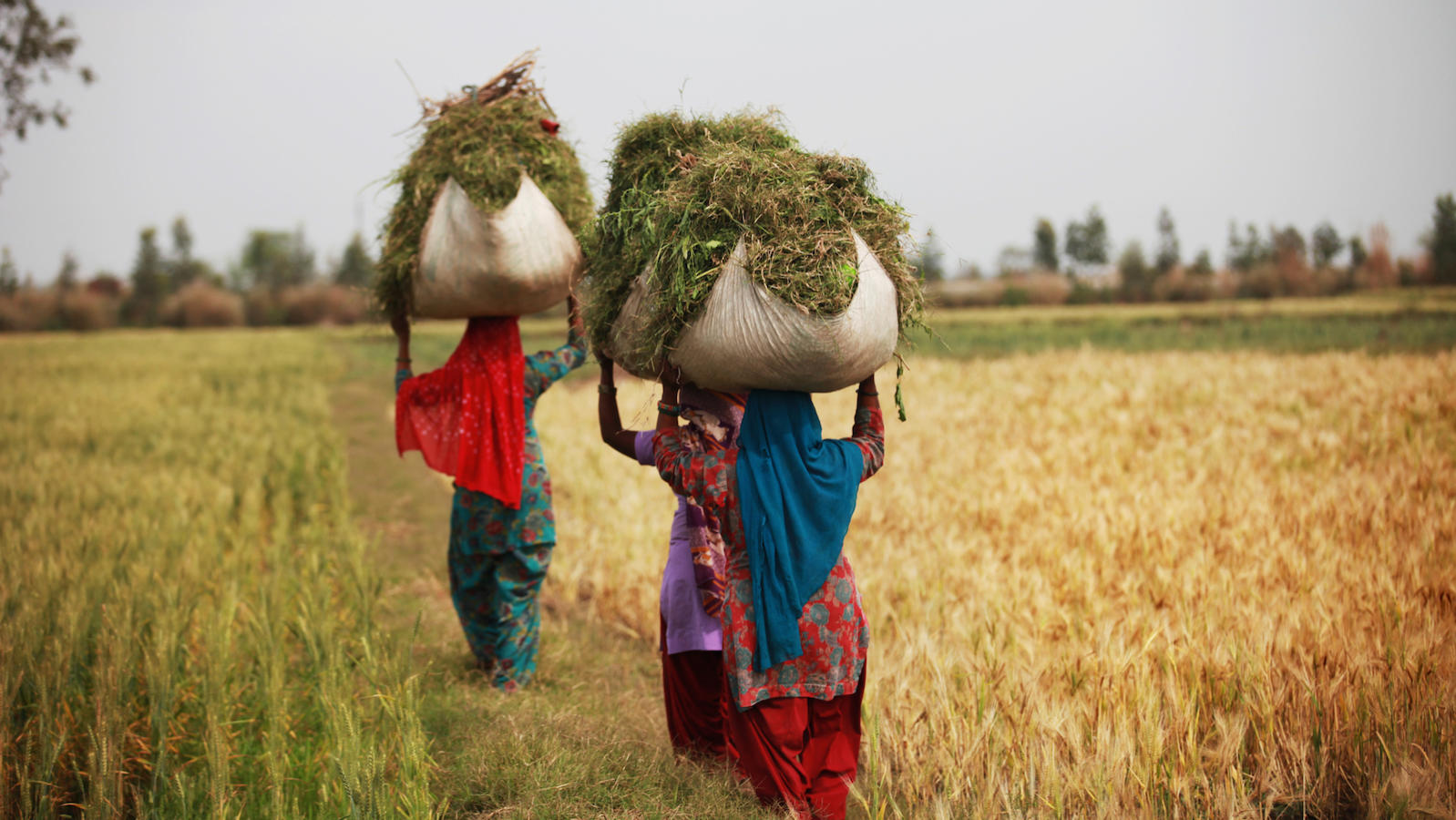Commentary on Parashat Vayechi, Genesis 47:28-50:26
Over the course of the book of Genesis, we witness Jacob’s two different responses to the unjust massacre committed by Simon and Levi against the people of Shehem. After their sister Dinah is raped by the prince of Shehem, the brothers murder and pillage the entire town. While the rape of Dinah is indeed horrific, it does not justify the act of collective punishment her brothers pursue.
Jacob’s Reactions
When Jacob learns of Simon and Levi’s action, he bemoans: “You have brought trouble on me, making me odious among the inhabitants of the land, the Canaanites and the Perrizites; my men are few in number, so that if they unite against me and attack me, I and my house will be destroyed” (Genesis 34:30).
In Parashat Vayechi, Jacob, on his deathbed, gathers his sons around him to hear his last words. When he reflects again on Simon and Levi, he admonishes them:
Simon and Levi, the brothers—weapons of outrage their trade. […]For in their fury they slaughtered men, at their pleasure they tore down ramparts.Cursed be their fury so fierce, and their wrath so remorseless!” (Genesis 49:5-7)
Jacob’s initial response to this injustice is personal. His concern with the deeds of Simon and Levi is that there will be repercussions for him and his community. Only later does he express anger that they have acted wrongly by killing innocent people.

Help us keep Jewish knowledge accessible to millions of people around the world.
Your donation to My Jewish Learning fuels endless journeys of Jewish discovery. With your help, My Jewish Learning can continue to provide nonstop opportunities for learning, connection and growth.
Two Models
Just as Jacob’s two responses to the same issue are motivated by very different concerns, our activism on social justice issues can also be motivated by different factors. We can take action on these issues because we are personally affected, or we can act because we feel morally compelled. There is often debate in the world of community organizing as to how we should mobilize communities to combat injustice.
On the one hand, engaging people on the personal level on issues where they feel a direct impact, like health care or education, is an effective tactic. Saul Alinsky, the father of community organizing, championed this approach.
In Rules for Radicals, he argues that strategies that fail to harness self-interest are naïve: “To question the force of self-interest that pervades all areas of political life is to refuse to see man as he is, to see him only as we would like him to be.” In order to successfully mobilize communities, we need to speak to the ways the issues affect people personally.
On the other hand, it is imperative that communities stand in solidarity and work alongside those who are directly affected. Moving beyond our self-interest is especially important in the realm of organizing for global justice. Issues like debt relief or the AIDS pandemic feel very distant for most in the Global North. We must develop a moral compass that compels us, even if we are not directly involved, to act.
Considering Darfur
Like Jacob’s responses to the crime of Simon and Levi, our activism in response to the crisis in Darfur can be motivated by personal interest or moral outrage.
On a personal level, Jews can act because this genocide reminds us of the Holocaust and challenges our commitment of “Never Again.” This narrative explains the outpouring of support from Jews for the people of Darfur. Indeed, not since the cause of my parents’ generation, freeing the Jews in the Soviet Union, have we seen this kind of political engagement in the organized American Jewish community on an issue other than Israel.
Without drawing parallels to the Holocaust, however, we can act for Darfur because our moral compasses direct us to fight injustice, not only in Darfur but wherever it exists. While the recent surge of passion in the Jewish community has been fairly limited to Darfur, this involvement has the potential to open up doors for broader and more sustainable global justice activism.
My sister Adina was politicized in her day school around the issue of Darfur, and that initial experience is leading her to travel to El Salvador with AJWS to learn about global justice on a much larger scale. We must ensure that the education and organizing taking place about Darfur includes an analysis that extends to the myriad justice causes around the globe. It must inspire Darfur activists and donors to expand their activism to include other global justice issues in which they might feel less of a personal investment.
Perhaps we can fuse these two strategies, blending our understanding of self-interest and solidarity. Rev. Dr. Martin Luther King challenges us to take this step when he says, “Injustice anywhere is a threat to justice everywhere. We are caught in an inescapable network of mutuality, tied in a single garment of destiny. Whatever affects one directly, affects all indirectly.”
We must bridge the gap between the personal and the moral; expand ourselves to let the world in.
Provided by American Jewish World Service, pursuing global justice through grassroots change.



